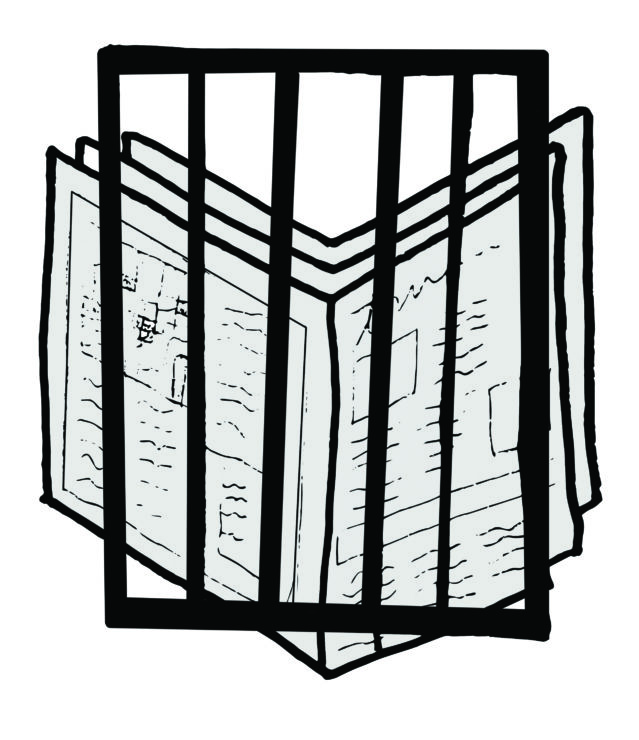
Government accountability, freedom to information, and freedom of the press are just some of the hallmarks of a healthy and functional democracy. B.C.’s now-passed Bill 22 hampers these freedoms and reduces the ability of small newsrooms like the Martlet to do our jobs.
The Act was officially passed through the legislature and given royal assent last Friday, giving the provincial government the right to charge fees for requests filed under the Freedom of Information and Protection of Privacy Act (FOIPPA). At the time the bill was passed, the fee had yet to be decided, and B.C.’s Minister for Citizen Services Lisa Beare gave an estimate between $5 and $50. Premier John Horgan later announced the cost would be $10, which is twice the federal fee.
The province has said the bill is needed to introduce new cloud-based technology in order to prevent security breaches. It will also make online learning and health-care appointments easier. While these are noble goals for this legislation, it doesn’t make the changes to the FOI process any less concerning.
FOI requests are one of the main ways ordinary citizens can access information the government hasn’t released publicly. While time consuming, FOIs provide a measure of oversight on government actions as internal reports, investigations, correspondence, and consultations are all able to be recalled for public viewing.
Journalists, advocacy groups, and legal professionals all rely on this process to keep the government accountable. Indigenous Nations also use FOI requests to do research on child welfare initiatives and policing.
For many, the new pricing system will put access to information, a Canadian Bill of Rights provision, out of reach.
The Martlet and other student newspapers use FOIs to conduct investigations into student’s rights and the relationship between the government and post-secondary institutions. With the new fee, we will be limited in our capacity to provide students with the information they need to make decisions about their lives and wellbeing. While larger newsrooms such as CBC and CTV may be able to better afford the fee, these outlets don’t provide the same ground-level coverage on local issues and events that matter to students.
Here at the Martlet, our purpose is to present news from an alternative perspective, meaning we present our work as outside from mainstream media. However, when we are limited in gaining information, those mainstream media outlets become the only ones able to fund important stories. Without free access to FOIs, the Martlet would not have been able to publish important stories like our story about the limited consultation before UVic converted a campus coffee shop to a Starbucks. Ultimately, the community and our readers lose the option of reading from an alternative perspective, and we as journalists lose the opportunity to write from an alternative perspective.
This bill therefore creates a discrepancy in the way outlets can engage with our broader communities. Namely, those who hold the money hold the power to gain primary source information. It creates a hierarchy in terms of whose perspectives are able to access information and publish it.
Already over the course of the pandemic, we have seen journalists from smaller outlets excluded from asking questions at government press conferences, reporters arrested at land defenses, and government officials refusing interviews. The passing of this bill creates another barrier for small newsrooms who won’t be able to afford the extra cost of gaining the information needed to write our stories.
With global concerns such as the climate crisis and the COVID-19 pandemic, as well as the decrease in affordability and increase in homelessness, what people need is more access to information, not less. Bill 22 amounts to little more than a fundamental erosion of democratic principles.
The provincial government needs to decide if they are going to preserve our democracy or join the global push to reduce the rights of ordinary citizens. The ball is in your court, Premier.







